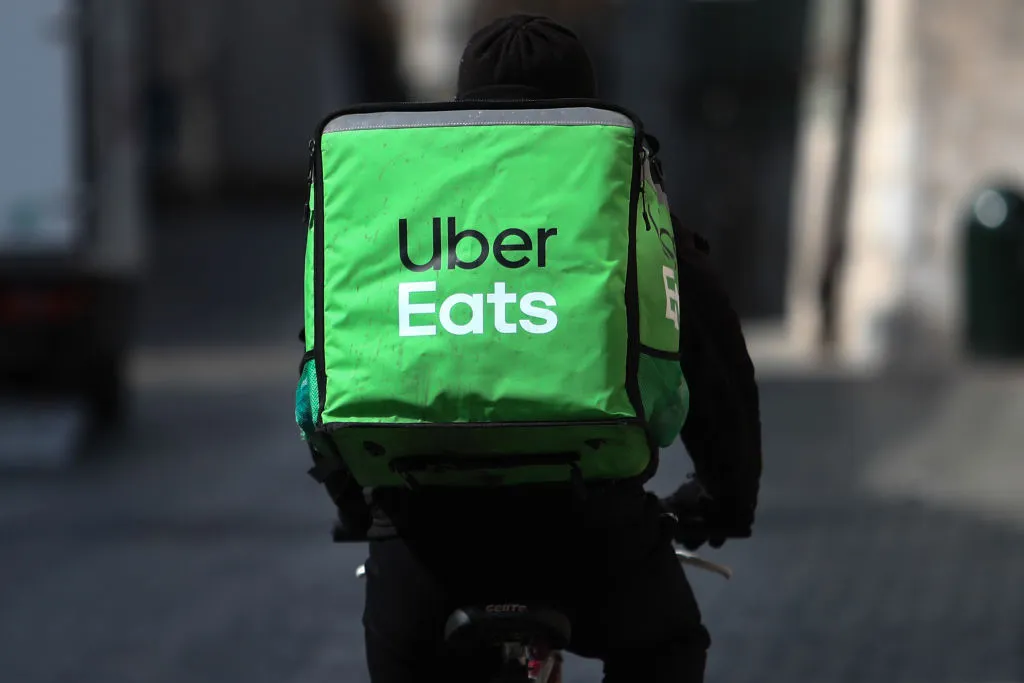The case involving Uber Eats courier Pa Edrissa Manjang, who received a payout from Uber after facing “racially discriminatory” facial recognition checks, sheds light on the challenges posed by AI systems and their intersection with the law in the UK. This incident underscores the need for greater transparency around automated systems, which are often rushed to market with promises of enhancing user safety and service efficiency but may inadvertently exacerbate individual harms.
Uber’s Real Time ID Check system, implemented in the UK in April 2020, required account holders to undergo facial recognition checks by submitting a live selfie to verify their identity against a photo on file. However, Manjang, who is Black, encountered repeated failures in these checks, preventing him from accessing the Uber Eats app for job assignments.
The lawsuit brought attention to the potential biases embedded within facial recognition technology, raising concerns about discriminatory practices and their impact on individuals. While Uber has since reached a settlement with Manjang, the incident highlights broader issues related to AI-driven bias and the challenges in seeking redress for those affected.
The case underscores the need for regulatory frameworks that can effectively address the complexities of AI systems, ensuring transparency, accountability, and fairness. As AI technologies continue to evolve and become more integrated into everyday life, it is essential to prioritize the protection of individual rights and prevent discriminatory outcomes.


















